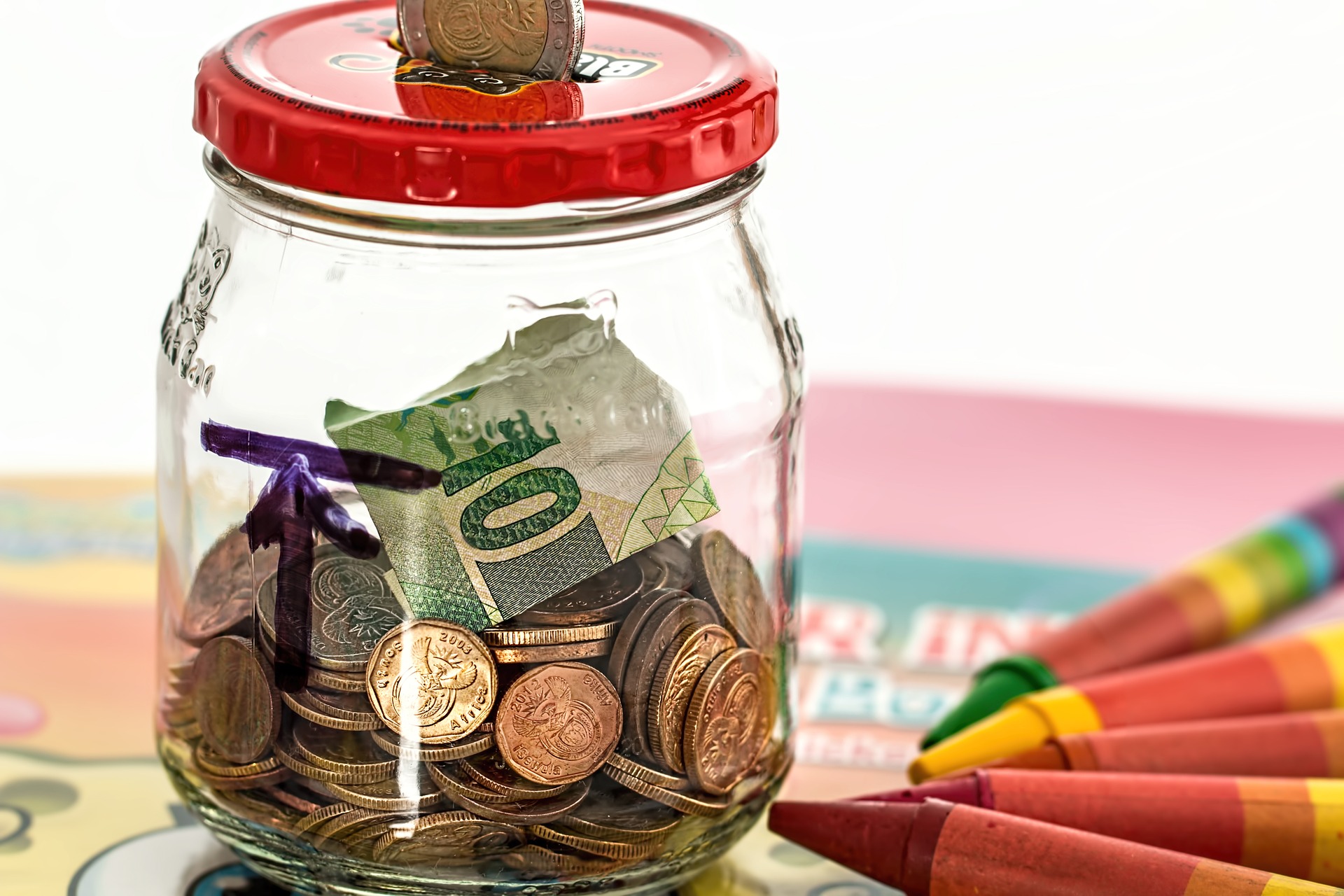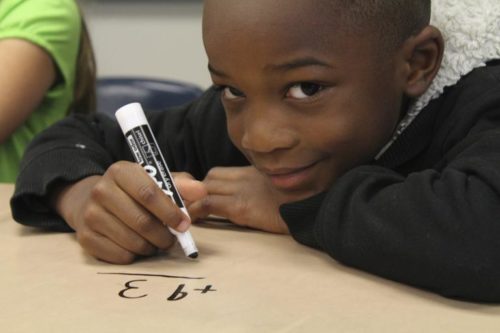In a materialistic and consumerist world, it would be difficult to teach kids discipline in finance if you continue to grapple with your own financial behavior. Did you know that over 44% of Americans do not have a $400 safety net net to help them ride safely through an emergency?
Clearly, there is something wrong with how financially literate we are and how we are collectively taking the wrong decisions in life. An unwanted consequence of this behavior is what the financial wisdom we pass on to our kids. While adults can make mistakes, find information from hundreds of different sources and understand complex money problems, children are different. They learn more from “doing this,” “creating habits” and “following rules.”
41% parents “wish they were more informed” because they want to pass good financial behaviors and knowledge to their children.
If you want kids, who do not grow up to get their house foreclosed because of their questionable financial decisions, teach them young. Here is our nifty guide to inculcating money discipline in kids, so they grow up to be responsible adults.

Do Things Together
If your child is old enough, it would be good to take them to the supermarket along with you. Let them go grocery shopping, visit the local farmer’s market and see how the exchange of money takes place. Even if they are young, children must know that whatever they are consuming comes at a cost- be it the bread or the butter, or cakes and savories. They should know that everything has a price. They may not understand ‘value’ in the beginning, but they will definitely understand ‘price.’
Help Your Children Create Better Habits
If you have started giving your kids an allowance, you should ensure that they part with some money and save it before they splurge. Let’s assume that you give your child $10. Before they go out and spend that money, they should save at least $2 in their own piggy bank. Make sure never to touch their savings.
Another way of creating good financial habits in kids is to let them save for a goal. If they want something that costs $20, let them save it from their allowance. If your kids cannot wait to buy their favorite thing, let them work in the kitchen or the lawn or in their own room and pay them accordingly. This will let your kids understand that only ‘work’ can create money. They cannot simply reach out to you and get an ‘entitlement’ instead of a ‘payment’ for their work.

Make Them Follow Financial Rules
Teach your kids rules around money that no one in the house can break. Habits and rules around finances in your household will go a long way. For instance, paying the kids for all the chores they did around the house on Sunday is a good financial rule. None of your break it. If, because of some issues, you don’t pay them on a Sunday, you pay them for all the chores next Sunday. That’s what financial guru Dave Ramsey did with his kids. He was not present at home every Sunday, he forgot it sometimes, but whenever it came to paying them, he had all the work figured out.
Another rule that your kids should follow could be switching off the lights every time they leave the room or never buying anything on an impulse.
The Most Critical Points About Kids and Finances
Most people readily forget that children learn slowly and repetition and positive reinforcement of concepts are more critical than making your kids mug up financial lessons. Here are some of the most critical points you should remember while dealing with kids and finances.

Patience is the key
If you lack patience, your kid’s will (unfortunately) never learn about finances. In fact, they could develop toxic money habits that may cripple their financial wellbeing for the entirety of their lives. For instance, if you give allowance to your kids an allowance, then see how they spend and what they do with their money. They may sometimes want to splurge and sometimes save for the long term. Watch and mend their ways but don’t expect them to follow a book.
Introduce savings early
While spending is important, saving holds more importance in early financial education. Tell your kids why saving is essential, let them create their own savings goals and lead by example if needed. In some communities, creating coin jars where children could save for a goal (or otherwise) are important parts of parenting. It helps kids learn about finances, inculcates saving habits and lets the kids understand the value of money.
Be open about your financial situation
You should not hide your financial situation from your kids. You don’t have to run around the house crying about the missed bill payments and how you have borrowed more than you should have all the time. Instead, let them understand what your money situation is like, how much you make and how much you can possibly dedicate to fulfilling their whims and fancies. Most people feel uncomfortable talking about money with their kids, but it definitely works in the long run.
Create savings accounts
All the other steps you which you follow should make your kid the central focus of their financial future. However, as parents, you should also open a savings account for your child as soon as you can. Some parents like to deposit a monthly sum into this account; some others also deposit holiday and gift money. As your children grow to teach them about how keeping money in a bank account will help their money grow over time.
Your kids can also be shown a bank statement at the end of each month to tell them how much their money has grown during the past month. Even the smallest payments will make a big difference to the children and make them feel more interested in financial wisdom, taking the right steps and controlling their impulses very early on in life.

The Real Problem with Money Today
Money is increasingly becoming plastic– you use credit cards, debit cards, make financial transactions online. So the good old way of giving kids cash while you are using cards could be difficult at first. In the beginning, your kids will learn about money using cash. So don’t be afraid to give them cash and pennies and let them account for all their money.
It will also help you, as parents, learn more about managing money. Most financial pundits encourage people to use cash instead of cards so they can be more accountable for their spending. While your children are learning to deal with their cash, you can do the same and lead by example.
Wait! You Need to Learn Discipline Before You Teach It

The old adage “the apple doesn’t fall far from the tree” is always relevant when it comes to teaching kids about finance. If you consistently make financial mistakes, your children will learn.
If you constantly keep cribbing about money and stressing out about your finances, your kids will pick that up too.
If you always keep engaging in impulse buys and splurge on payday, your kids will do the same with their allowances and their paychecks when they grow older.
Children don’t just need love and emotional support; they also need to learn critical life skills from their parents which will help them in remaining happy, healthy and wealthy during their lifetime.
Watch your behavior carefully around your children and make sure that you never crib about finances or make decisions that you wouldn’t want the kids to repeat. It is also important to understand that kids, just like adults can make mistakes and you should not hold their mistakes against them. It could be vital to make a few inexpensive money mistakes early in their lives and learn their lessons instead of making big mistakes later.
With all these tips and factors in mind, start introducing your child slowly to financial concepts and see how they turn out to be responsible and wise adults.

